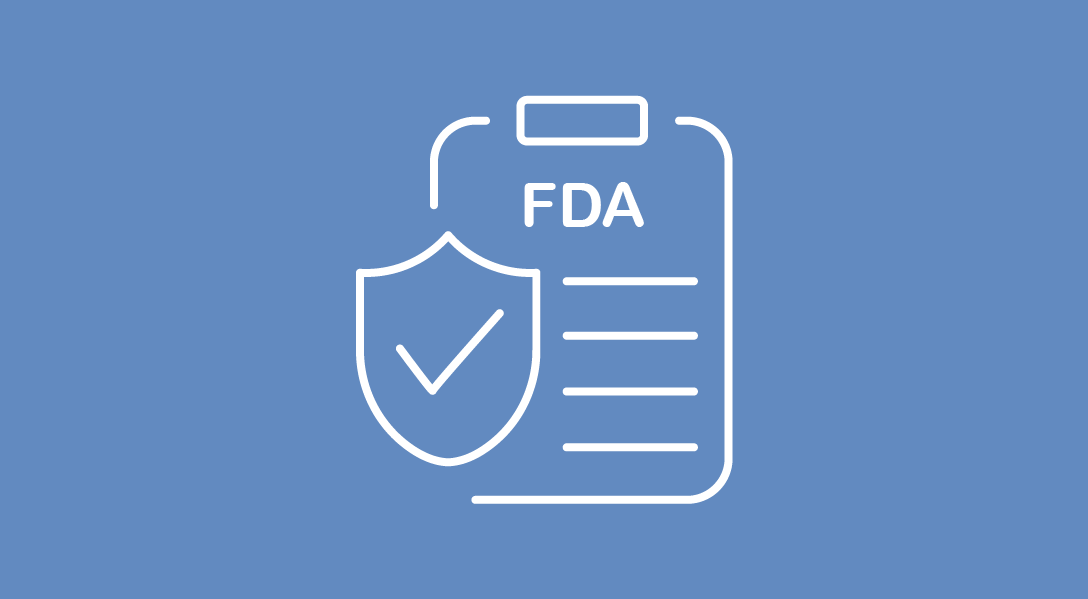CTX-009 Plus Paclitaxel Receives Fast Track Designation for Pretreated Biliary Tract Cancer
The FDA granted fast track designation to CTX-009 plus paclitaxel for pretreated metastatic or locally advanced biliary tract cancer.
CTX-009 Plus Paclitaxel Receives Fast Track Designation for Pretreated Biliary Tract Cancer

CTX-009, a bispecific DLL4/VEGF-A antibody, in combination with paclitaxel has received fast track designation from the FDA for the treatment of metastatic or locally advanced biliary tract cancer following prior therapy.1
“We are delighted that CTX-009 has received FDA fast track designation, highlighting the large unmet need in patients with advanced biliary tract cancer where current therapies have low, single-digit response rates, and limited effect on patient survival,” Thomas Schuetz, MD, PhD, cofounder, president of R&D, and vice chairman of the Compass board, said in a news release.1
“Our current study is evaluating the combination of CTX-009 with paclitaxel following the observation of 9 partial responses in 24 patients treated in our phase 2 study, leading to an overall response rate of 37.5% (n = 9/24), a median progression-free survival of 9.4 months and a median overall survival of 12.5 months. Compass remains on track to complete enrollment by mid-year and reporting top-line data by year end.”
CTX-009 is a bispecific antibody that blocks both DLL4 and VEGF-A signaling pathways, which are needed for angiogenesis and tumor vascularization. Preclinical and early clinical data have shown that blocking DLL4 and VEGF-A pathways with CTX-009 leads to antitumor activity in several solid tumors, including cholangiocarcinoma, pancreatic, colorectal, gastric, and non–small cell lung cancer. The agent also evoked partial responses as a single agent in heavily pretreated patients with VEGF-mediated resistance.
CTX-009 is currently under evaluation in the multicenter, open-label, randomized, phase 2/3 COMPANION-002 trial (NCT05506943).2
A total of 150 patients will be randomly assigned to CTX-009 plus paclitaxel or paclitaxel alone. CTX-009 will be delivered via intravenous (IV) infusion on day 1 and 14 of every 28-day cycle. Paclitaxel will be administered through IV infusion on day 1, 8, and 15 of each 28-day cycle. Patients who are assigned to the paclitaxel monotherapy arm will have the option to cross over to receive the combination after documented disease progression per RECIST v1.1 criteria.
To be eligible for enrollment, patients must be at least 18 years of age and have a histologically or cytologically confirmed diagnosis of unresectable advanced, metastatic, or recurrent biliary tract cancers, including intrahepatic cholangiocarcinoma, extrahepatic cholangiocarcinoma, gallbladder cancer, and ampullary carcinoma.
In addition, patients must have documented radiological progression on a prior gemcitabine and platinum-containing regimen as first-line therapy for locally advanced unresectable or metastatic disease. Patients who received perioperative treatment or those whose frontline regimen was modified because of toxicity prior to disease progression may be eligible.
Ongoing infection and inadequate biliary excretion precluded patients from enrollment. Adequate biliary excretion should be confirmed through procedures such as endoscopic retrograde biliary drainage at least 1 week before the study intervention. Notably, patients with endobiliary stents are eligible for the study if there is no apparent obstruction, as are patients free of any signs of active or suspected uncontrolled infection after a drainage procedure or risk of hemorrhage with an incision that has healed.
Anticipated life expectancy of at least 12 weeks, at least 1 measurable lesion as per RECIST v1.1 criteria, an ECOG performance status of 0 or 1, and adequate bone marrow, hepatic, and renal function within 14 days of random assignment were also required.
The primary end point is best overall response according to RECIST v1.1 criteria. Secondary end points include progression-free survival, duration of response, overall survival, disease control rate, safety profile, patient-reported quality of life, and exposure response according to pharmacokinetic sampling.
Topline findings from the trial are expected by the end of 2024.1
References
- Compass Therapeutics receives FDA fast track designation for the investigation of CTX-009 in combination with paclitaxel for the treatment of patients with metastatic or locally advanced biliary tract tumors that have been previously treated. News release. Compass Therapeutics. April 25, 2024. Accessed April 25, 2024. https://www.globenewswire.com/news-release/2024/04/25/2869573/0/en/Compass-Therapeutics-Receives-FDA-Fast-Track-Designation-for-the-Investigation-of-CTX-009-in-Combination-with-Paclitaxel-for-the-Treatment-of-Patients-with-Metastatic-or-Locally-Ad.html
- A study of CTX-009 in combination with paclitaxel in adult patients with unresectable advanced, metastatic or recurrent biliary tract cancers (COMPANION-002). ClinicalTrials.gov. Updated April 2, 2024. Accessed April 25, 2024. https://classic.clinicaltrials.gov/ct2/show/NCT05506943


